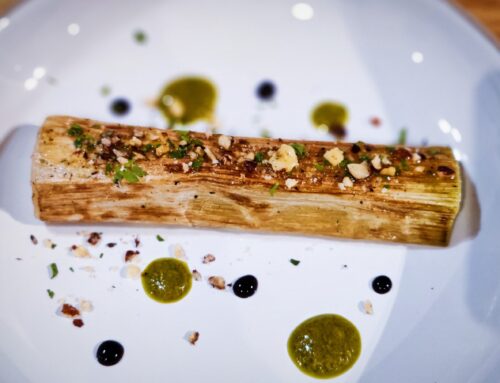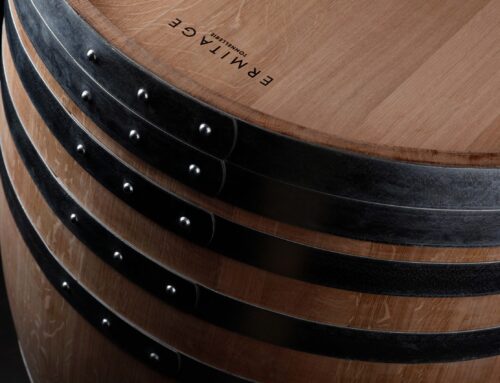We recently welcomed Israeli winemakers to Burgundy (Sam Soroka, Psagot Winery – Sasson Ben Aharon, Mony & Five Stones Winery – Tzvi Kaist, Teperberg Winery – Hai Vortman, Vortman Winery – Adam Sternbach, Sternbach Winery) to introduce them to our world, from forest to barrel! An opportunity to put the spotlight on Israel’s vineyards !
Israel’s vineyards: rich history, ancient traditions and flourishing viticulture
Israel, a land of ancient cultures and deep-rooted traditions, also offers a fascinating viticultural heritage.
Although relatively small, Israel’s vineyards are geographically diverse. It stretches from the north to the south of the country, from the Galilee in the north to the Negev desert in the south, via the Golan Heights, Samaria, the Judean Mountains, Mount Carmel and the coastal zone. Israel is a booming wine-growing region.
This geographical diversity is synonymous with a wide variety of terroirs, bringing unique characteristics to the wines produced.
Nestled between rich valleys, mountains and arid plains, Israel’s vineyards continue to thrive, and their history is at the heart of the world’s winegrowing landscape.
A distinguished history:
The history of wine in Israel goes back several millennia. Archaeological finds have revealed amphorae and wine presses, testifying to the presence of vineyards as early as the settlement of the first inhabitants. Biblical writings also refer to wine and viticulture, underlining its importance in Israel’s history.
After centuries of interruption due to various historical circumstances, including conquest and exile, Israel resumed viticulture at the end of the 19th century with the return of Jewish pioneers to the Promised Land.
Traditions and grape varieties:
Israel’s winemaking traditions are diverse and influenced by a multitude of cultures and practices handed down through the ages.
Among the indigenous grape varieties, Carignan and Marawi offer wines with unique characteristics imbued with the specific terroir of the region. International varieties such as Cabernet Sauvignon, Merlot and Chardonnay have found the right conditions to flourish in the region’s Mediterranean climate.
Viticulture today:
Today, Israel’s wine industry is going through a remarkable boom, combining innovation, tradition and a commitment to higher quality. Internationally renowned wineries dot the country, from the verdant Galilee to the Negev desert. Israeli winemakers are exploring new horizons, developing organic and biodynamic vineyards and soils, and producing high-quality wines that rival the finest on world markets.
The international experience of many of our winemakers has helped to place Israeli wines among the best in the world.
Israeli vineyards not only produce exceptional wines, they are also a popular tourist destination. Visitors can explore picturesque vineyards, taste unique wines in historic cellars and immerse themselves in the country’s rich and diverse wine culture.
Ageing :
The average length of barrel ageing varies according to the style and quality of the wine produced. In general, high-end Israeli wines are aged in barrels for 12 to 24 months. Some producers choose shorter periods to preserve the freshness of fruity aromas.
For its Chardonnay 2023, for example, Kishor Winery has opted for Ermitage barrels using wood from the Bertranges forest (blonde toast). A gentle 6-month ageing process designed to bring out the fruit and make it more expressive. For fine, perfectly balanced mouthfeel.
Over the past few decades, wine production in Israel has grown significantly. Currently, the country produces around 40 million liters of wine a year, with five wineries accounting for around 80% of the volume produced, including Teperberg Winery (Berthomieu customer), making it a notable player on the international wine scene.
Israel exports around 30% of its total production worldwide, notably to Europe, the United States, and increasingly to Asian markets.
In conclusion, Israel’s vineyards and viticulture are constantly evolving, reflecting both the country’s rich history and modernity. With its commitment to innovation and quality, Israel continues to assert itself as an important player on the world wine scene, offering a diverse range of wines.
Lechaim (health)





